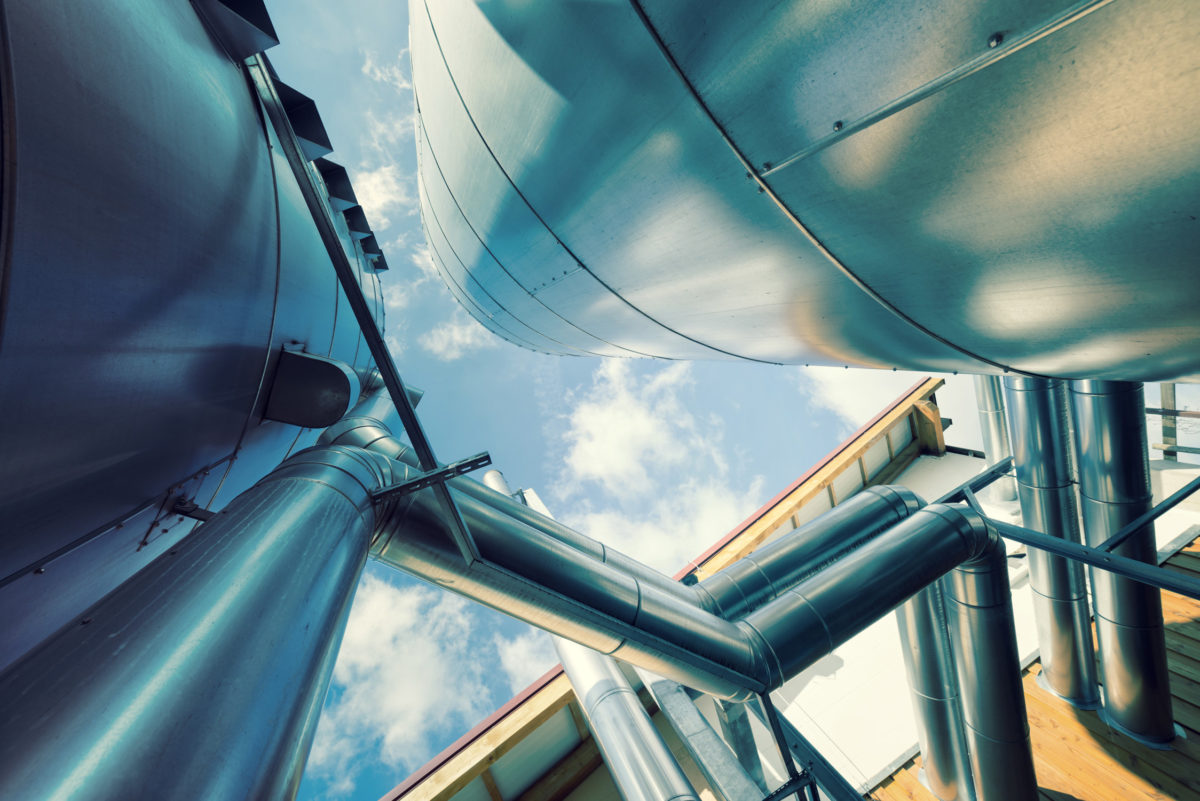The Commonwealth Scientific and Industrial Research Organisation (CSIRO) and the University of British Columbia (UBC) will share best practices and develop joint clean energy research and demonstration projects including hydrogen refueling infrastructure.
Looking to enhance research and unlock opportunities for greater economic growth in both countries, the research institutions have inked a memorandum of understanding aligned with the latest call to action from Mission Innovation. The multilateral body is an initiative by 24 countries and the European Commission seeking to accelerate public and private clean energy innovation to make clean energy widely affordable. Launched last May, Mission Innovation’s eighth Innovation Challenge aims to: “accelerate the development of a global hydrogen market by identifying and overcoming key technology barriers to the production, distribution, storage, and use of hydrogen at gigawatt scale”.
Hydrogen produced by solar and wind powered electrolysis has been seen as Australia’s golden opportunity. The nation’s potential to become the world’s largest producer and exporter of green hydrogen has been widely reported by CSIRO, the Australian Renewable Energy Agency (ARENA), chief scientist Alan Finkel and the International Energy Agency as demand for hydrogen rises in Asia. Japan is leading the drive to deploy green hydrogen in industry and has been described as Australia’s prime export market.
Last year, CSIRO released a National Hydrogen Roadmap that stated the development of a hydrogen export industry represented a significant opportunity for Australia and a potential ‘game changer’ for domestic industry and the broader energy sector due to associated increases in scale. It also found an economically-sustainable hydrogen industry could soon be a reality.
Since then, hydrogen research conducted by CSIRO has secured financial backing from ARENA as part of a $22.1 million funding round to boost national research and development projects in the field. The science agency also entered a $20 million partnership with iron ore giant Fortescue Metals Group involving a five year agreement to fund and support select CSIRO technologies in the hydrogen space.
“CSIRO is conducting hydrogen research along the entire value chain, and we look forward to collaborating with UBC to help facilitate demonstrations that will clear the path to market for new technologies,” CSIRO Energy Director Tim Finnigan said. “By working together we can pool resources and expertise for mutually beneficial outcomes.”
According to James Olson, dean of UBC’s faculty of applied science, the Canadian university was thrilled to join CSIRO in advancing the objectives of Mission Innovation’s Renewable and Clean Hydrogen Innovation Challenge. “UBC has long been a leader in hydrogen fuel cell-related research and development in Canada and we are eager to draw on our vast expertise in hydrogen production, storage, distribution and use to help pave the way to a cleaner future,” he said.
This content is protected by copyright and may not be reused. If you want to cooperate with us and would like to reuse some of our content, please contact: editors@pv-magazine.com.









By submitting this form you agree to pv magazine using your data for the purposes of publishing your comment.
Your personal data will only be disclosed or otherwise transmitted to third parties for the purposes of spam filtering or if this is necessary for technical maintenance of the website. Any other transfer to third parties will not take place unless this is justified on the basis of applicable data protection regulations or if pv magazine is legally obliged to do so.
You may revoke this consent at any time with effect for the future, in which case your personal data will be deleted immediately. Otherwise, your data will be deleted if pv magazine has processed your request or the purpose of data storage is fulfilled.
Further information on data privacy can be found in our Data Protection Policy.